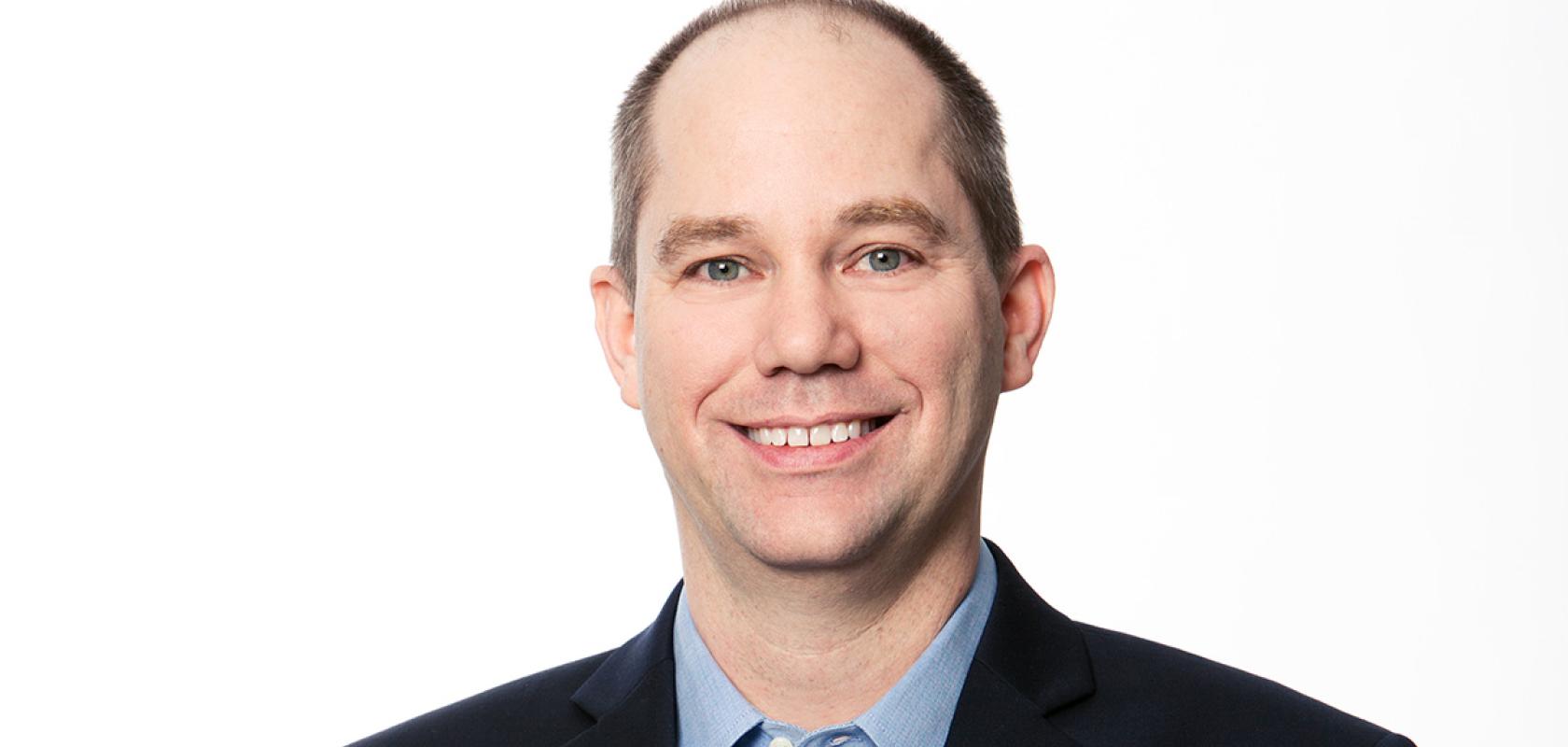What’s the background to your appointment at Exfo?
Since I've been young, I've always been interested in technology and that led me to study a BSc in Electrical Engineering at the University of Florida. On graduating in 1995, I worked for three years as a Technical Marketing Engineer for Hewlett Packard in Santa Clara, California, where I was responsible for developing the telecom synchronisation business throughout Americas and Europe.
In 1999, I moved to a field sales engineer role in Agilent Technologies, which spun off from HP. I started Team California, a manufacturer's representative company offering communications test solutions throughout the western USA, in 2002.
Then, in 2007, I moved to Ixia, now Keysight Network Visibility, Test & Security, as Regional Sales Manager, where I was responsible for sales to Cisco Systems. It was in Ixia that I first moved into sales management when I was promoted to Director of Sales, responsible for Ixia’s global Cisco sales team.
I stayed with Ixia in California until 2012, when I moved to Singapore as Senior Director of Sales for Ixia's Network Visibility Business in the Asia Pacific region. In 2015, I took a sabbatical year to realise my dream of travelling the world and, on my return to Singapore, I became Vice-President Sales at Exfo, a privately owned company focused on developing innovative test, monitoring and analytics solutions for today’s connected world.
How is Exfo structured and what is your role?
Exfo has been in business for more than 35 years and is focused across the whole telecom spectrum. Our traditional core market has been selling into the service providers and providing test tools for their contractors and technicians as they deploy and maintain their networks. Over the past few years, we've made multiple acquisitions to broaden our portfolio by going into the network equipment manufacturers (NEMs) and labs part of the business.
The company has a workforce of around 2,000, with sales offices in the US, South America, China, India, Singapore, Germany, UK and France. In any company, you need to be able to scale and grow, which means empowering your people to make decisions and learn from failure. As regards to my role, I can’t manage my entire team directly, so I rely on a set of sales directors reporting to me and I trust and empower them to run their regions, which they all do very well.
How has your previous experience prepared you for your role at Exfo?
Early on in my career, I didn't really think too far ahead about what I wanted to do. I had great managers who were really mentors for me over a number of years. Instead of thinking about the next move in my career, they got me to think about the end position that I'd like to have and retire from, and to work backwards from there. For me, that role was to lead a global sales organisation.
I started to think about the types of skills and experiences that would make me an exceptional candidate for the ultimate role when it opened up. This made identifying the right opportunities a lot easier and moving to Singapore is a good example of this philosophy. I knew that I wanted to end up leading a global team and that to achieve this I would need to get the ability and experience of leading business in different regions and cultures.
If you started again, what would you do differently?
I think there's always a level of frustration that we're not moving fast enough and although there are many opportunities, we don't always have enough resources to go after all of them effectively. If I started again, I’d maybe try to focus a bit more on just two or three opportunities that can really make a difference instead of going after everything.
What’s your advice for the next generation of entrepreneurs?
Firstly, it’s important to have a long-term goal and to work backwards thinking about the experiences and skills that will help you reach the position you ultimately want.
Secondly, for the entrepreneur, it's more about being aware of the problem that you're trying to solve, understanding it deeply and trying to come up with a solution that's disruptive. You need a value proposition that resonates with the market. And if you can come up with a new solution that’s faster, more efficient, and at lower cost compared with other options that are out there for the customers, you’ll find success.
Thirdly, it’s important to understand the market as a whole and not just the needs of a particular customer. Using a hockey analogy, you need to skate to where the puck is going to be, not where it is now. If you can see where the market is moving, you can try to get there instead of focusing on a particular customer's needs right now because, by the time you satisfy that customer's needs, the market may have moved on.
Fourthly, don’t be afraid of failure, but try to fail fast. Learn and pivot and invest in yourself because you are your own best resource to having a successful career and a successful life. So never stop learning.
Finally, you need a team. So, as you develop your career, develop your network, and keep in touch with those people and help them out. But do it sincerely – don’t just try to use them to help yourself. You need to be the kind of person that goes out of their way to help others if that's something that you're going to want from them later on.


